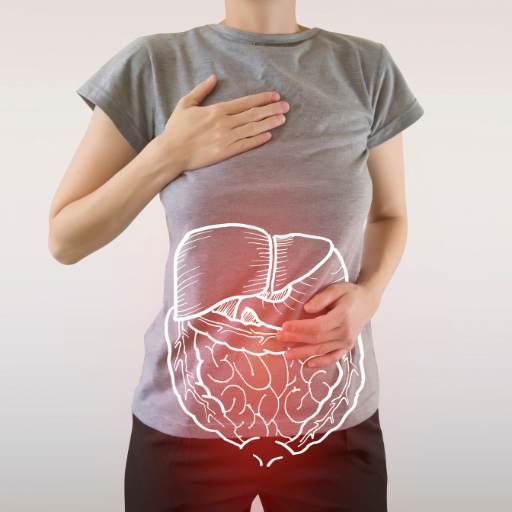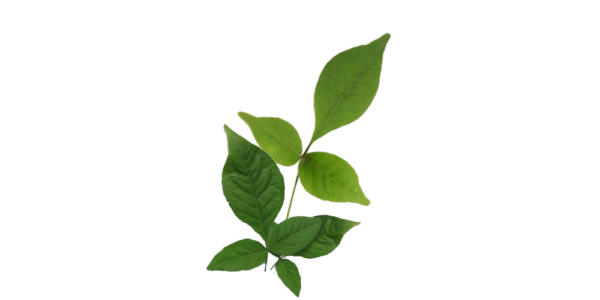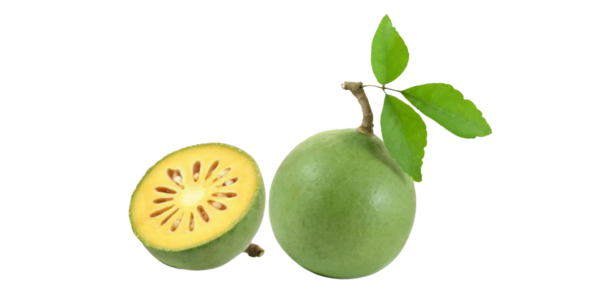Bael leaves, also known as “bilva leaves” or “wood apple leaves,” come from the Bael tree (Aegle marmelos), a sacred and revered plant in various cultures. These leaves are an integral part of traditional medicine systems and religious practices due to their potential health benefits and spiritual significance.
In Ayurveda, the traditional Indian system of medicine, bel patra leaves are highly valued for their medicinal properties. They are believed to have astringent, anti-inflammatory, and antimicrobial effects. Bael leaf extracts are used to support digestive health, alleviate gastrointestinal discomfort, and promote regular bowel movements. Additionally, they are considered beneficial for respiratory health and are used in remedies for coughs and colds.
Bael leaves are also an essential part of various religious rituals and ceremonies. They are often offered to deities as a sign of devotion and are used in puja (worship) for their symbolic significance.
To prepare beel patra leaves for consumption, they can be dried and ground into a powder, or their extracts can be used in herbal preparations and supplements. Bael leaf tea is a common way to harness their potential health benefits. The leaves can also be used to wrap certain foods before cooking, infusing them with a subtle, aromatic flavor.
Product Details
| Overview | |
|---|---|
| Product Name | Bael Leaves |
| Scientific Name | Aegle Marmelos |
| Common Name | Bel Patra |
| Type | Dried |
| Form Factor | Whole |
| Supply Ability | 5000Kg per week |
| Supplier | Arizone International LLP |
| Country of Origin | India |
| Delivery Time | Depend upon your location. |

Boost Immune System
The immune-boosting properties of bael leaves can help strengthen the body’s natural defense mechanisms, making it more resilient against infections and illnesses.

Support Health Skin
Bael leaves are sometimes used topically for skin conditions like eczema, itching, and rashes. They have soothing and anti-inflammatory effects that can provide relief to irritated skin.

Promote Clearer Airways
Bael leaves are often used to alleviate respiratory problems such as cough, bronchitis, and asthma. Their soothing and expectorant properties can help relieve congestion and promote clearer airways.

Alleviate Digestive Issues
Bael leaves are well-known for their digestive benefits. They can help alleviate digestive issues such as indigestion, constipation, and diarrhea.

Promote Heart Health
Bael leaves contain compounds that can help reduce cholesterol levels and support cardiovascular health. They may contribute to lower blood pressure and a reduced risk of heart disease.

Regulate Blood Sugar Levels
Some studies suggest that bael leaves may have a positive impact on blood sugar levels, potentially aiding in the management of diabetes.



